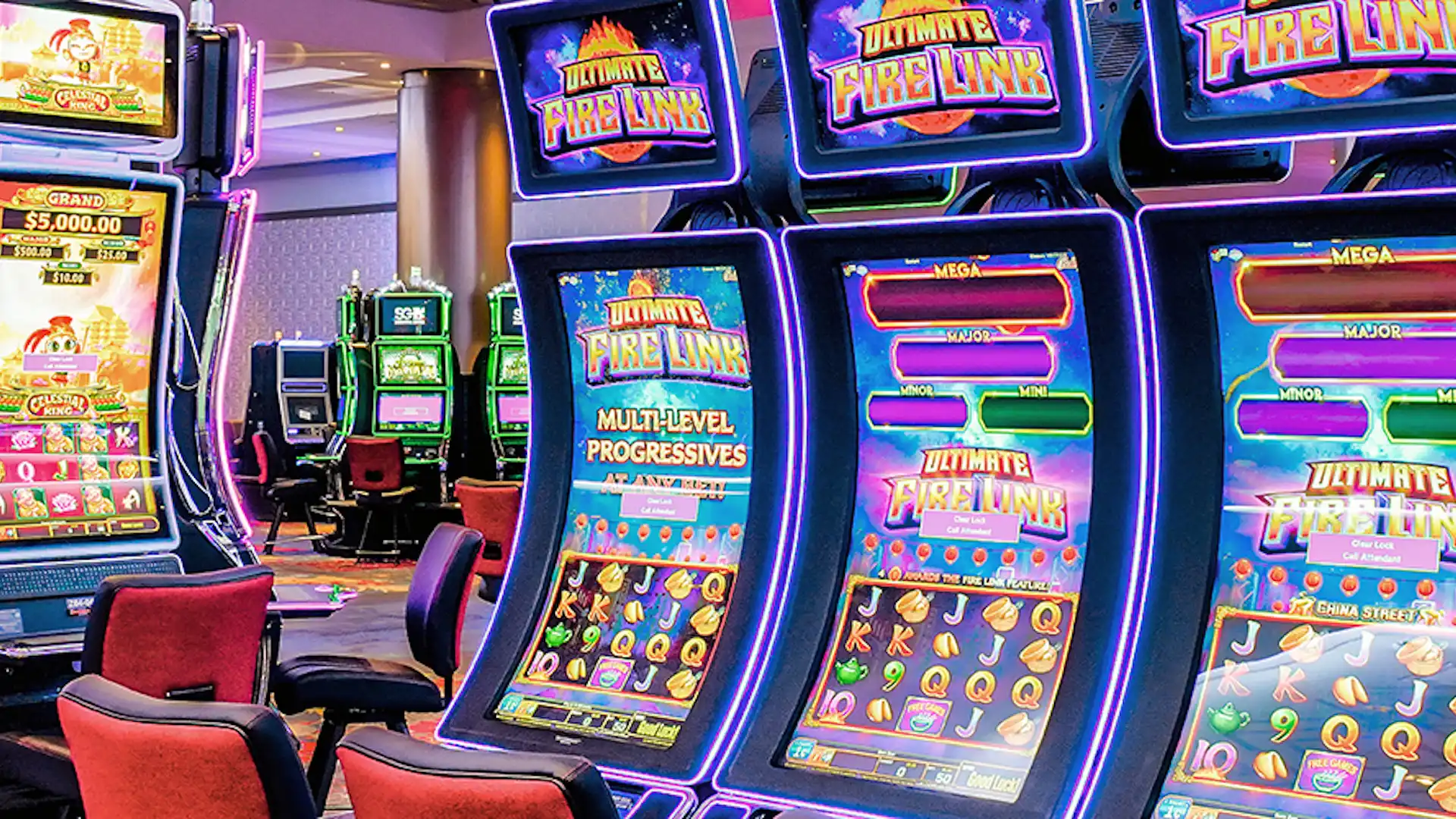Casino gaming has long been a topic of interest and controversy, drawing in millions of players globally. ngắm gái xinh tại mmlive With a blend of chance, skill, and the thrill of risk, casino games offer an exhilarating escape from everyday life. However, as entertainment becomes ever more accessible, it calls for a more thorough examination of the morality surrounding these games.
At the heart of the discussion lies the question of whether casinos promote safe gambling or take advantage of vulnerable individuals. The appeal of potential winnings versus the truth of losses can create a challenging dynamic, and understanding this balance is crucial for both players and operators. As we delve into the ethics of casino gaming, we will explore the responsibilities of casinos, the effects on society, and the measures that can be taken to foster a better gaming environment.

The Impact of Casino Gaming on Society
Gambling in casinos has a notable influence on society, affecting not only the financial landscape but also interpersonal dynamics and local frameworks. The revenue generated from casinos can lead to employment opportunities and boost regional economies, as they provide numerous employment opportunities in multiple fields including food and beverage, leisure activities, and retail. However, while the economic advantages can be significant, communities often grapple with the possible negative impacts that arise from higher gambling activity.
Moreover, the presence of casinos can lead to an rise in gambling addiction, presenting serious challenges for individuals and families. The excitement of casino games can quickly evolve into a compulsive habit, affecting connections with others and leading to monetary issues. Many individuals may struggle with the loss of control over their gambling behaviors, resulting in a need for assistance programs and help to address this growing issue. The social cost of gambling addiction can extend through families and neighborhoods, creating an urgent need for responsible gaming initiatives.
In addition to the economic and social ramifications, casino gaming often showcases cultural attitudes towards risk and entertainment. It can encourage a sense of joy and leisure, attracting tourists and boosting tourism. However, this allure may also mask the wider implications of gambling as a form of entertainment, provoking ethical questions about its promotion and availability. As communities weigh the advantages and disadvantages of casino gaming, the need for responsible practices and regulation becomes increasingly critical in ensuring that the positive aspects are maximized while minimizing the negative effects.
Ethical Issues in Betting Practices
The ethics of gambling gaming often center around the potential for dependency and its effects on individuals and households. Betting can lead to serious monetary distress, impacting not only the gamblers but also their loved ones. As people become entrapped in the allure of winning, many lose sight of their financial limits, which can result in devastating outcomes such as bankruptcy. mmlive This poses ethical questions about the duty of gambling establishments in promoting safe gaming habits and providing support for those who may be dealing with gambling addiction.
Another major issue is the advertising of gambling to at-risk populations. Gambling establishments often aim at low-income individuals or neighborhoods with the offer of quick gains, which can continue cycles of poverty and hopelessness. In this context, the ethics of marketing strategies used by gambling establishments come under examination, as they may exploit the desperation of people seeking an way out from economic troubles. This exploitation raises moral questions about the integrity of the betting industry and its responsibility to safeguard its most vulnerable patrons.
Additionally, the impact of casino gaming on the community as a whole cannot be overlooked. While some argue that gambling establishments create jobs and stimulate local economies, others point to the social costs associated with problem gambling, increased crime rates, and a strain on public resources. Balancing economic benefits with the risk for social harm presents a challenging ethical dilemma for policymakers and casino operators alike. The difficulty lies in finding a responsible approach that takes into account the welfare of individuals and communities while still allowing for the pleasure of casino activities.
Regulatory Framework and Responsibilities
The oversight framework related to gambling games is developed to ensure fairness, trustworthiness, and player security. Different government entities and gambling commissions set and enforce regulations that dictate how gambling operations operate, the standards for game creation, and the procedures for handling prizes. These regulations differ by region but usually involve licensing requirements for providers and strict measures to stop fraud and dishonesty.
In furthermore to oversight bodies, casino businesses bear significant accountability in maintaining ethical standards within their establishments. They must adopt ethical gaming practices that promote participant protection and education, including offering self-limitation options and sharing information about the hazards associated with gambling. Establishments are also responsible for training employees to recognize signs of problem gambling and understand the appropriate actions to support customers in distress.
Additionally, transparency in gambling operations is crucial for gaining and preserving public faith. Casinos should offer clear information about the odds of operations, promotional offers, and any associated risks. By creating an environment of integrity and responsibility, gambling establishments can help reduce the likelihood adverse impact of betting while enhancing the general gambling experience for all participants.